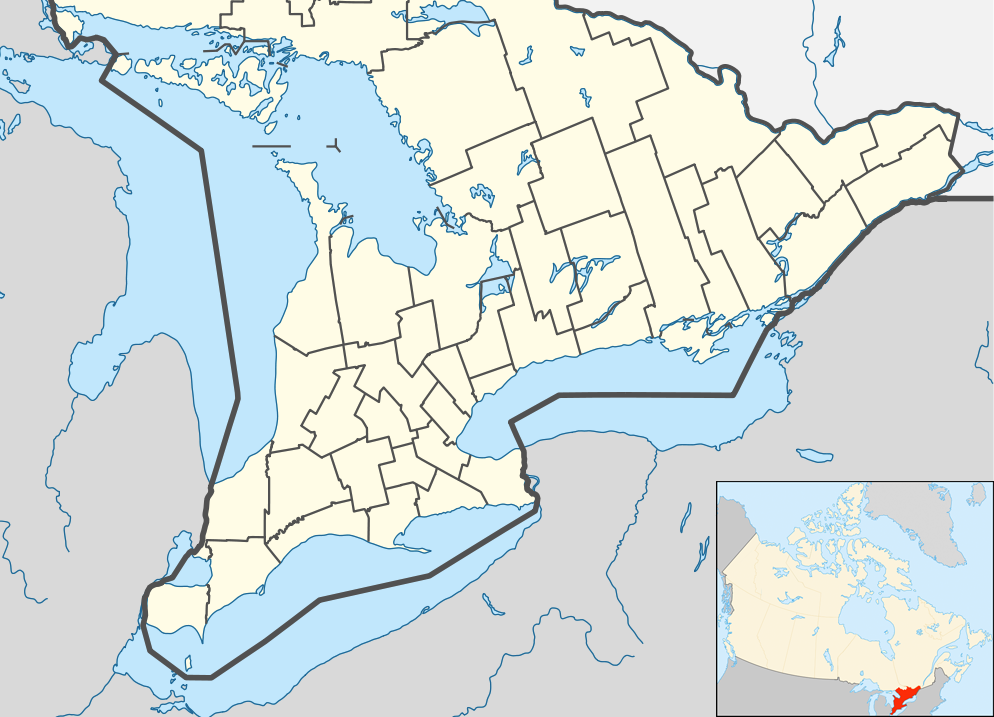Copyright 2021 by Gary L. Pullman
Note: This post assumes that you have seen the movie Backcountry. If you have not, Wikipedia offers a fairly detailed, accurate summary of the film's plot.
Source: boomstickcomics.com
As we saw in Part I, Alex is a foil to Jen; his traits, which are opposite to those of hers, highlight Jen's traits, or “evolved adaptations,” as they are known in evolutionary psychology. But, just as Alex is Jen's foil, Brad is a foil to Alex; Brad's traits are different from those of Alex and, therefore, highlight Alex's evolved adaptations, just as Alex's traits highlight those of Jen.
Source: netflix.com
Brad appears at Alex's and Jen's campsite while Alex is away, chopping firewood. After leaving his hatched stuck in a tree trunk, Alex returns to their campsite, where he is both surprised and annoyed to see Brad. Jen tells her boyfriend that she has invited Brad, a tour guide, to have dinner with them. Brad has offered to contribute a hefty string of fish he has caught.
Source: cinemamontreal.com
From the beginning of their encounter, Brad seeks to assert his dominance over Alex. Clearly, Brad is an alpha male, and he expects to lead, not follow, even if only during the meal he shares with his hosts. A skilled woodsman, Brad is confident, competent, knowledgeable, experienced, decisive, and aggressive.
Source: dailymotion.com
During their conversation, Brad suggests that, both as a woodsman and as a man, Alex is insecure, incompetent, ignorant, inexperienced, indecisive, and passive—the opposite of Brad himself. Brad's contribution to their meal are the fish that he himself has caught. Significantly, Jen provides her and Brad's contribution, which they bought in a store. Brad's contribution was caught, live, in the wild. Theirs was purchased in a package, already prepared. Brad's fish are animals; Jen's and Alex's contribution is bloodless vegetables harvested and packaged by strangers. When Jen offers to prepare a vegetable as a side dish, Alex chooses one kind, while Brad selects another. Jen sides with Alex, but Brad orders her to prepare the vegetable he wants, not the one Alex has chosen. Diplomatically, she says she will prepare both. Alex does not challenge Brad; he lets Jen answer their guest, despite Brad's usurpation of Alex's own authority as host.
Source: fischpott.com
Brad also implicitly insults Brad. When Brad tells him that he plans to start a landscaping business, Brad replies, in a racist statement, that he that thought “Mexicans” did that type of work. On the other hand, Brad admires Jen's profession, law, which is, in Brad's view, superior to the manual labor that Alex names as his intended vocation. Brad has a “manly” profession: he is a tour guide with expert knowledge about the park, its trails, and its flora and fauna, a man at home in the wilderness, who can fend for himself while directing others in his charge.
Brad boldly violates propriety when he stands, his back to Jen and Alex, unzips his fly, and urinates. Most men would not only object to such conduct, but be willing to come to blows with any man who presumed to do such a thing in their girlfriends' presence. Alex neither says nothing to Brad nor reacts violently. He merely looks at Jen in disgust and says something to her: “Really?”

Powassan, Ontario, Canada. Source: Wikipedia
Brad also impugns Alex's knowledge of the park that Alex claims to know well, asking him which side of the park's waterfall someone should climb down. When Alex correctly answers, “The right side,” Brad smirks. “Good guess,” he says.
Finally, as he is about to depart, Brad asks Alex what he'd meant when Alex had said Jen's inviting him to have dinner with them might have been dangerous. When Alex demurs from answering, Brad insists. Finally, Alex tells him that Jen did not know Brad; Brad had been a stranger. As far as Jen had known, Brad might have been “a nut.” By the time Brad takes his leave, he has dominated, insulted, humiliated, defied both Alex and Jen, but especially Alex. He has also make it clear that, in a hostile or dangerous encounter with nature, he is likely to triumph or, at least, survive; audiences cannot be as certain about Alex's fate under the same circumstances.
The conflict between Alex and Brad further defines Alex, just as his relationship with Jen defines him. In both cases, Alex loses. His traits, or evolved adaptations, might serve him well in other environments, but they are unlikely to help him survive in the wild, no matter how well he thinks he knows the provincial park or the ways of the woods and its wildlife.
Next post: Evolution, Psychology, and Final Girl.


